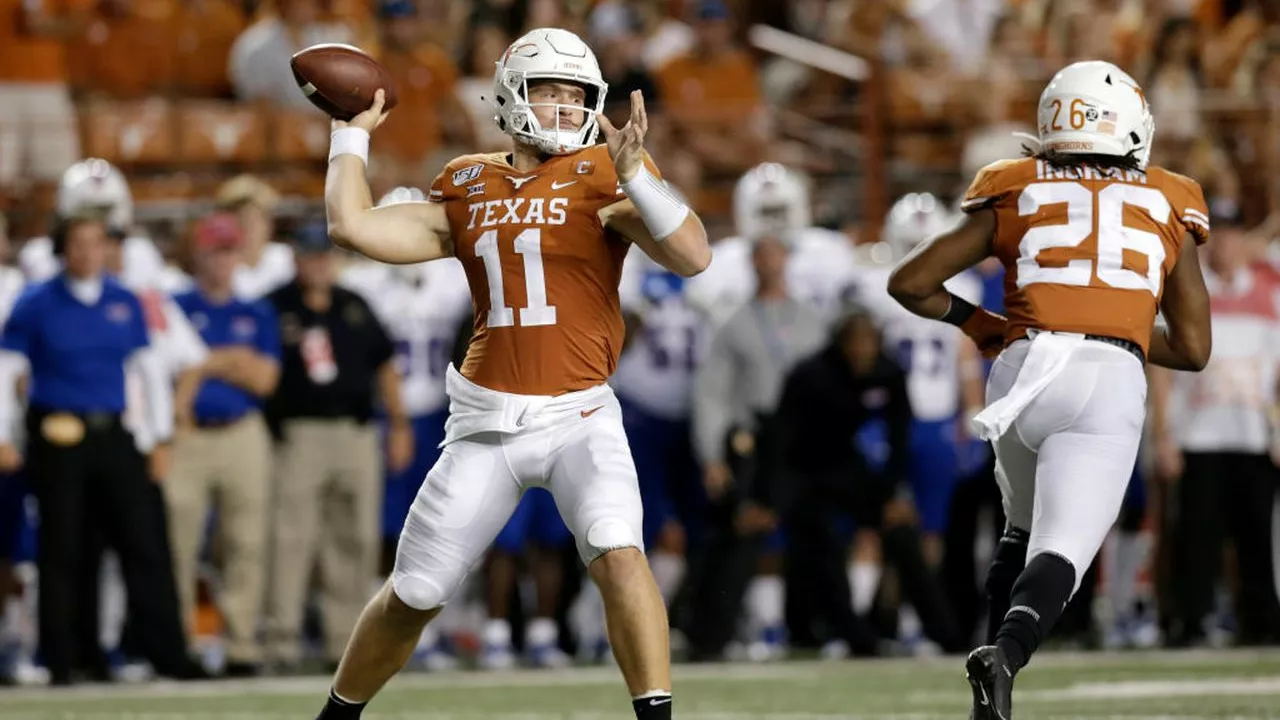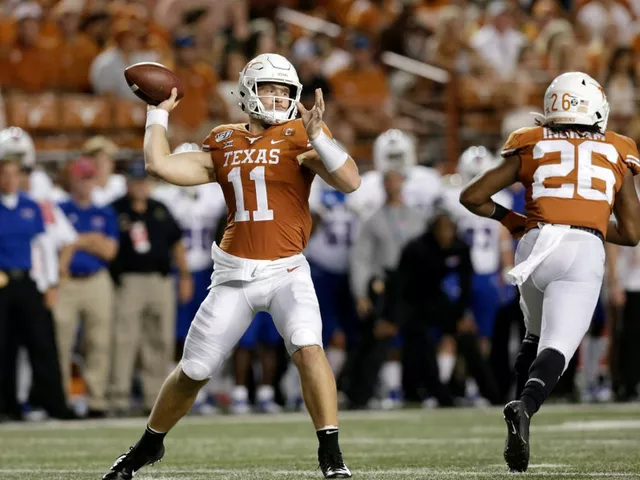Understanding the College Football Season Calendar
College football, oh boy! It’s like a festival that comes around to draw us away from all the humdrum of daily life. The thrill of watching a fantastic game ensues with college football season coming around the corner—an electrifying experience, one could say. But a common question lingers in the heart of every college football lover or newbie: "When does the season actually start and end?" Well, it's time to buckle up and dive into an ocean of remarkable facts, eye-catchy stats, and delightful tips about this beautiful game.
The start of the college football season can shift slightly from year to year, but it is traditionally scheduled to begin during the last week of August or the first week of September. This period aligns quite well with the start of the academic year across numerous colleges and universities in the United States. The flexibility in dates and times of college football games allows universities to plan around important academic dates while keeping in mind the safety, well-being, and academic responsibilities of student-athletes.
As Darius, an avid football fan, let me take you on a virtual walkthrough of the rhythm of the college football season. What’s better than a cozy evening, a heart-throbbing match on your screen, and the aroma of grill wafting from the kitchen? Trust me when I tell you, few things in life can match up to that.
What Shapes the Length of the College Football Season?
Wondered why the college football season has its unique timing? It's shaped by several important factors. Top among these are the student athletes' academic timetable, NCAA (National Collegiate Athletic Association) rules, and broadcast television contracts. And of course, let’s not forget the climatic conditions. We don't want these young lads playing in a snowstorm now, do we?
The end of the college football season can also be a bit fluid, but the final regular-season games are usually played by early December. The NCAA has strictly restricted the number of games that can be played in a season, so while teams might want to extend the season, they're often locked into rigid schedules dictated by the calendar and television contracts.
After the regular season games, fans have the pleasure of the Bowl games, which were traditionally organized around the New Year, giving them the festive name, "Bowl Week". It’s like a week-long carnival for us, the fans. Trust me, nothing gets more thrilling than Bowl Week.
Post-Season Buzz: Play-offs & Championship
But the thrill doesn't end with Bowl Week. Afterward, we have the College Football Play-offs—an electrifying watch as the best of the lot lock horns. The top four teams in the country compete in two semifinals, with the winners advancing to the National Championship Game. And let me tell you, folks, this contest is as grand as it gets!
The playoffs are traditionally held on New Year's Day or shortly thereafter, while the championship game takes place about a week later, usually on the second Monday of the new year. The specific dates can shift slightly from season to season, but the overall timeline remains relatively consistent.
Now, why does it have this elaborate timeline and not some other format? This brings us to our next intriguing section, which will shed light on why the college football season is scheduled the way it is.
The Whys Behind the College Football Calendar
As exciting as the seasonal timeline might sound, there's a fundamental reason why it is set this way. The student-athletes’ academic calendar is the key. After all, they are students before they are athletes, and their education can’t play second fiddle to their playtime.
The college football season not only needs to fit into the university's academic year, but it also needs to accommodate the players' studies and exams. Exams can't take a back seat for football, which is why you'll notice a two-week gap in most conference schedules around Thanksgiving—this gives the players a buffer to prepare for final exams and end-of-semester academic work.
Another interesting fact that shapes the schedule is the historical significance. The regular season traditionally ends in early December because it used to mark the end of fall semester classes; the Bowl games were held around New Year's Day because that's when people had time off to attend games, and it's also when television audiences were guaranteed to be the highest. As times changed, the tradition persevered, braced by the financial influx from television broadcasting rights.
As a college football enthusiast myself, I once had an unplanned encounter with Mark, an ex college football player, during a regular Sunday grocery haul. Mark elaborated on the essence of timing in college football, while I scrambled through the shelves for my cereal. “It's all a part of the dynamic we live in. One step on the field, we are athletes, the moment we step off, we go back to being students. It's a delicate balance," he mused. Gotta tell you, deep insights come from the most mundane places.
Hence, my dear reader, the tradition, necessity, and an urgent need for a harmonious balance between passion and education shape the delightful college football season. So, as we wait for the next season to kick off, let's remember the hard work that goes on behind the scenes to make our favorite pastime coexist with these young men's academic pursuits. Enjoy the game, cherish the tradition, and, more importantly, admire the spirited young athletes who create these wonderful sporting moments.




